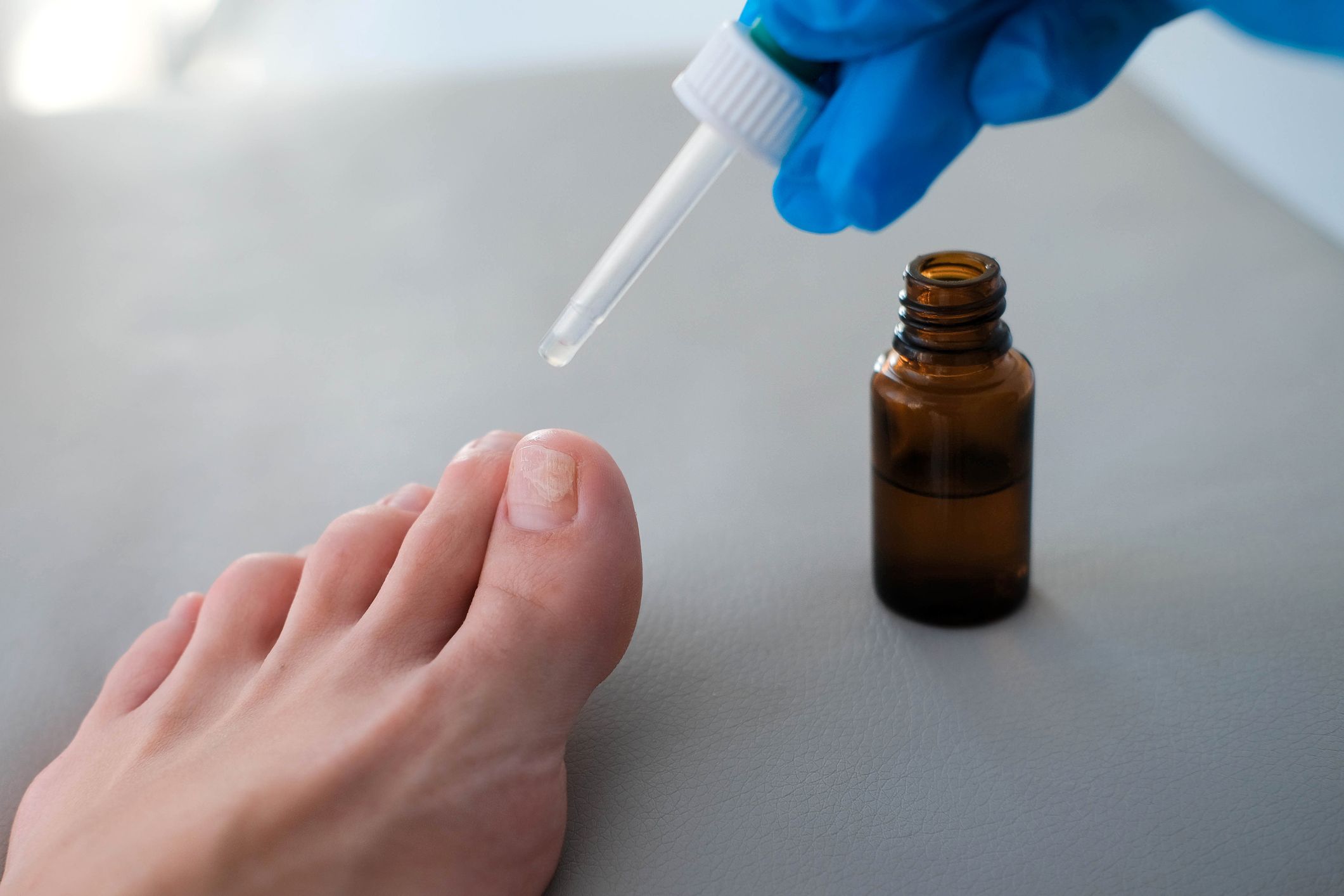Biologic therapies, also called biologics, are a category of drug that can be used to treat a number of inflammatory diseases, including multiple forms of arthritis (rheumatoid arthritis, ankylosing spondylitis, psoriatic arthritis), inflammatory bowel disease (Crohn’s disease and ulcerative colitis), and moderate-to-severe asthma.
Here, we will look at how and why biologic therapies are used in the treatment of psoriasis.
Psoriasis and the immune system
To understand how biologic therapies work, it helps to understand how psoriasis occurs. While the exact cause of psoriasis is unknown, it is known that one major contributing factor is abnormal immune system activity.
A key component of the immune system are proteins called cytokines. Cytokines act as messengers between immune cells and regulate immune system activity—for example, certain cytokines stimulate the inflammatory response to injuries and infections, and others aid in the removal of dead cells. (This is a simplified explanation, and these are just two examples—there are many others, and the mechanisms are complex).
When a person has psoriasis, the immune system produces excessive amounts of various cytokines. This disrupts the normal cycle of skin cells, and as a result, psoriasis symptoms occur. There are several different types of psoriasis, which differ in appearance. The most common type is plaque psoriasis, which manifests as thickened patches of skin that have a silvery, scaled texture.
Research shows that this abnormal immune activity impacts more than the skin. People with psoriasis also experience systemic inflammation—inflammation that occurs throughout the body. This is believed to be one contributing factor to the higher prevalence of conditions like heart disease and diabetes among people with psoriasis. For some, this inflammation causes a type of arthritis called psoriatic arthritis, which can permanently damage the joints.
How biologic therapies work
The biologic therapies approved to treat psoriasis work by blocking or suppressing certain cytokines that promote inflammation. These include:
- Tumor necrosis factor-alpha (TNF-alpha) inhibitors
- Interleukin 12 and 23 (IL-12/23) inhibitors
- Interleukin 17 (IL-17) inhibitors
- Interleukin 23 (IL-23) inhibitors
Different biologic medications have different mechanisms of action, different dosing schedules, and carry different risks of side effects. Biologics are referred to as systemic therapies because they act on the body as a whole. Some biologic therapies for psoriasis are also indicated for the treatment of psoriatic arthritis and will also reduce inflammation in the joints.
Biologics are given as either an injection or an infusion. Some biologics can be self-injected by a patient after they receive instructions and training from a healthcare provider. They can be used in combination with topical treatments and phototherapy. Any psoriasis treatment must be used under the guidance of a healthcare provider.
Deciding on a treatment
Biologic therapies are typically used to treat moderate-to-severe psoriasis. Psoriasis severity is determined by the amount of the body that is affected by psoriasis and the impact that psoriasis has on a person’s quality of life. Some research shows that biologic therapies are associated with improvement in the quality of life of psoriasis patients.
Deciding to treat psoriasis with a biologic—and deciding on which biologic therapy to use—is a decision that you will make with the guidance of your healthcare provider. Biologic therapies come with a risk of side effects, and because they alter the normal functioning of the immune system, are not safe for people who are immunocompromised or people who have active infections.






